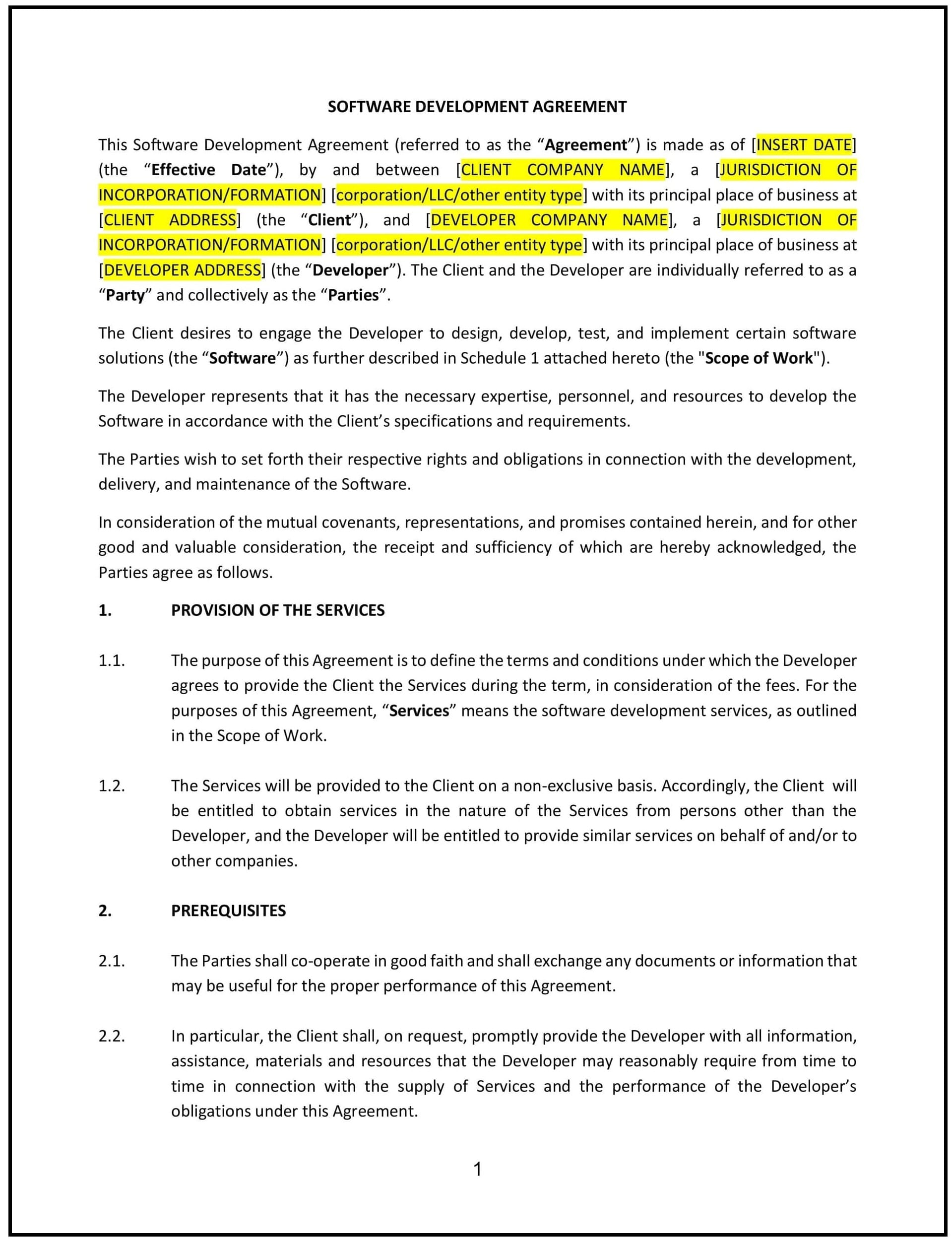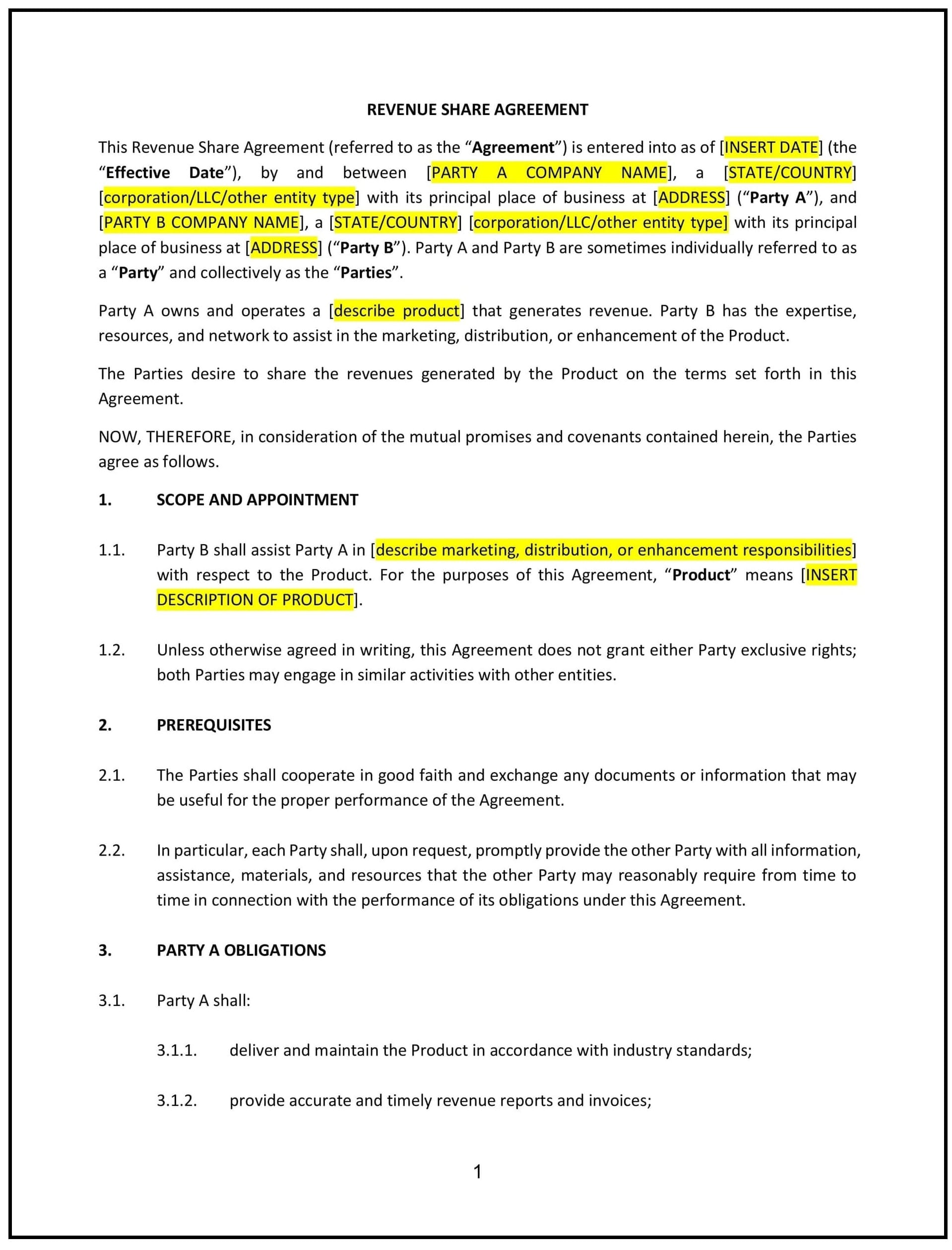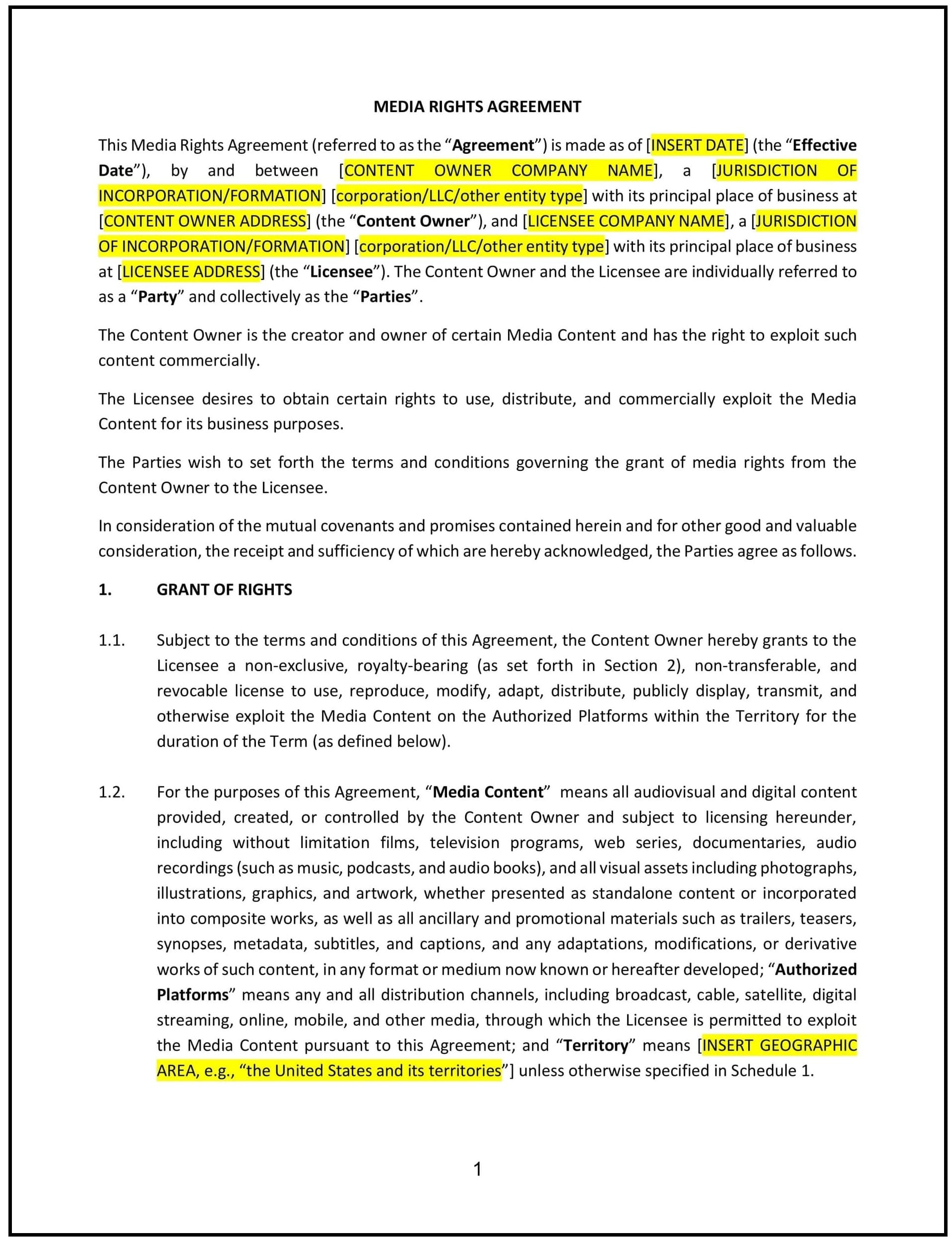Loan Agreement (Business) (Massachusetts): Free template
Loan Agreement (Business) (Massachusetts)
A Loan Agreement (Business) is a legal document that outlines the terms and conditions under which one party (the lender) provides funds to another party (the borrower) for business purposes. In Massachusetts, this agreement must comply with state laws regarding contracts, interest rates, and financial transactions. A well-drafted agreement ensures clarity and minimizes disputes between the parties involved.
For example, a small business in Boston might borrow funds from a local investor to expand operations. A clear Loan Agreement specifies repayment terms, interest rates, and other critical details.
Tips for drafting and maintaining a Loan Agreement (Business) in Massachusetts
- Identify the parties: Clearly specify the names and contact information of both the lender and the borrower.
- Example: “This Loan Agreement is entered into by [Lender Name], residing at [Address], and [Borrower Name], located at [Address].”
- Define the loan amount: State the exact amount of money being loaned.
- Example: “The lender agrees to loan the borrower the principal amount of $[Amount].”
- Specify repayment terms: Outline how and when the loan will be repaid, including payment schedules and methods.
- Example: “The borrower shall repay the loan in [Number] monthly installments of $[Amount], beginning on [Date].”
- Set the interest rate: Specify whether the loan is interest-free or includes an interest rate, ensuring compliance with Massachusetts’s usury laws (which limit the maximum allowable interest rate).
- Example: “The loan shall accrue interest at a rate of [Percentage]% per annum.”
- Include collateral (if applicable): If the loan is secured by collateral, describe the assets being used as security.
- Example: “The borrower pledges [Description of Collateral] as security for the loan.”
- Address default terms: Define what constitutes a default and the consequences, such as acceleration of the loan or repossession of collateral.
- Example: “If the borrower fails to make a payment within [Number] days of the due date, the loan shall be considered in default.”
- Outline governing law and jurisdiction: Ensure the agreement specifies that it is governed by Massachusetts law and identifies the appropriate courts for dispute resolution.
- Example: “This agreement is governed by the laws of the Commonwealth of Massachusetts. Any disputes arising under this agreement shall be resolved in the courts of [County], Massachusetts.”
- Include signatures: Both parties must sign and date the agreement to make it legally binding.
- Example: “IN WITNESS WHEREOF, the parties have executed this Loan Agreement as of the date first written above.”
Frequently asked questions (FAQs)
Q: Does Massachusetts recognize business loan agreements as enforceable contracts?
A: Yes, business loan agreements are enforceable contracts in Massachusetts, provided they meet the basic requirements of a valid contract, such as mutual consent, offer, acceptance, and consideration.
Q: What happens if the borrower defaults on the loan in Massachusetts?
A: If the borrower defaults, the lender may take legal action to recover the outstanding amount. This could include demanding immediate repayment, seizing collateral (if applicable), or pursuing a court order to enforce the agreement.
Q: Are there limits on interest rates for business loans in Massachusetts?
A: Massachusetts has usury laws that cap interest rates for certain types of loans. For business loans, these limits may not apply, but excessively high rates could still be challenged. It’s advisable to set reasonable rates to avoid disputes.
Q: Can a business loan agreement in Massachusetts include penalties for late payments?
A: Yes, late payment penalties can be included in the agreement, provided they are clearly stated and reasonable.
Q: How does Massachusetts’s contract law affect business loan agreements?
A: Massachusetts adheres to general contract law principles, meaning agreements must be clear, voluntary, and supported by consideration. Registering the agreement is not required, but keeping a signed copy is essential for enforcement.
This article contains general legal information and does not contain legal advice. Cobrief is not a law firm or a substitute for an attorney or law firm. The law is complex and changes often. For legal advice, please ask a lawyer.


